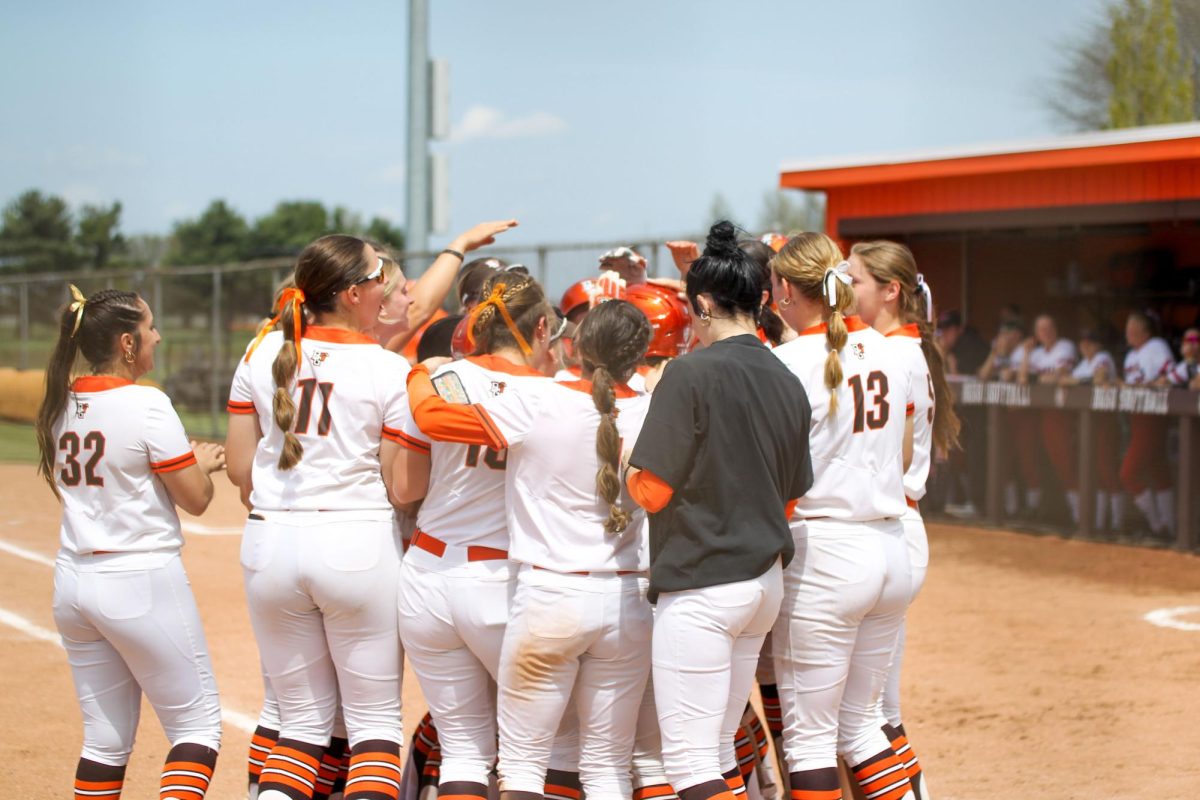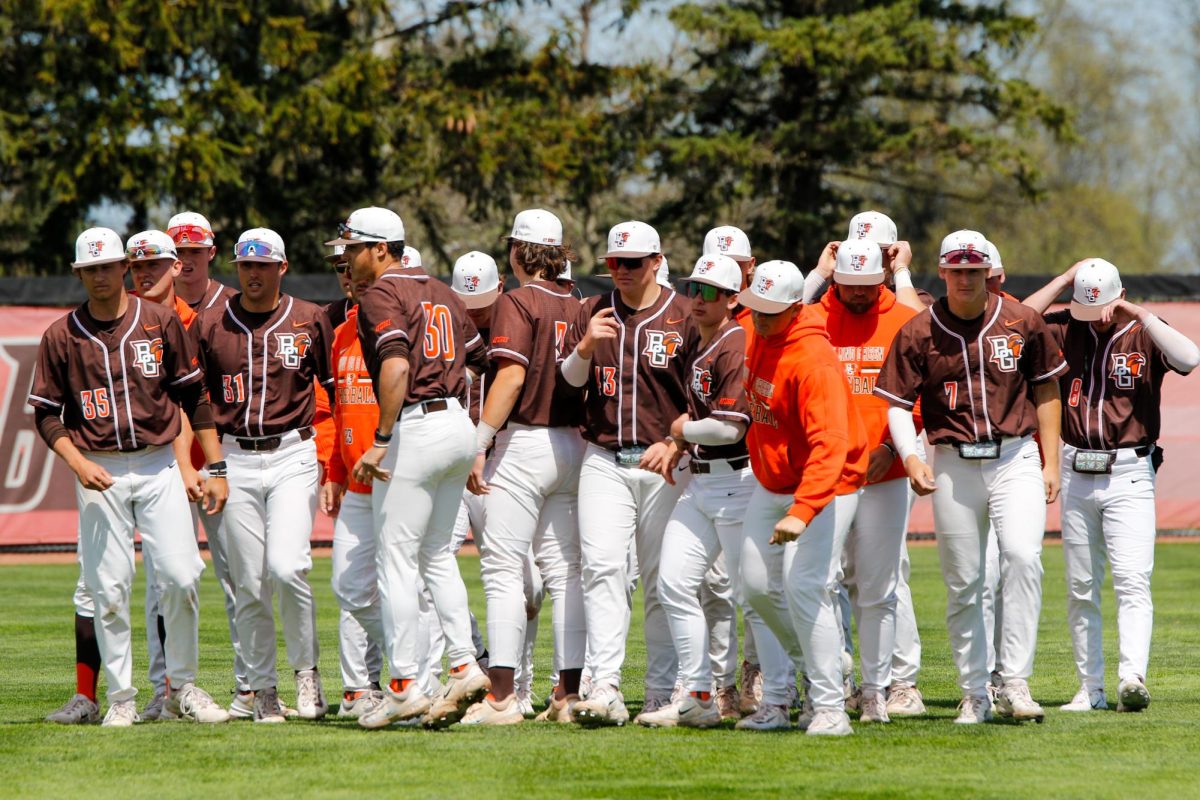To invade or not to invade. That was the question Wednesday night during “Ready for War?”, a panel discussion hosted by the International Relations Organization.
The four panelists argued the various aspects and consequences of an attack on Saddam Hussein’s regime in Iraq.
Professor Mark Simon, chair of the University’s political science department, began the debate by answering the question posed in the debate’s title. “I think the Bush Administration is ready for war,” he said. “They’ve been ready for a while.”
If the United States does in fact decide to invade Iraq, the looming question is will it be unilaterally, or multi-laterally? “Two-thirds of the public would rather do this with approval of the U.N. or its allies,” Simon said.
The United States’ action against Iraq will speak volumes on the world stage. An invasion of Iraq is not the only option of the United States, although there are many indications that President Bush may in fact choose to do just that.
Simon also argued that perhaps Iraq should not be our main focus as far as national security is concerned. “Unlike Al-Qaeda, Iraq is deterable. Al-Qaeda is not deterable because those are individuals. They don’t have a country to bomb back.”
Professor Richard Douglas spoke of the economic consequences of invading Iraq. The overall effects of an attack could be mixed. “In the short term, it could stimulate the economy.”
Indeed, military spending would provide a quick fix for a currently sluggish economy. Douglas, an associate professor of economics, also stressed that in the long run, though, the effects could be negative, depending on how long the war lasts.
Douglas pointed out that the economic factors are important, but they will probably not be the deciding factor of whether or not to attack.
Oil is the key player in the economic picture. “If it weren’t for oil, and the oil in the Middle East, we would never have paid attention, or not nearly as much as we have, to Saddam Hussein in the first place,” Douglas noted. “The main fear is that the price of oil would jump up.” He noted that if Iraq was attacked and stopped producing oil, prices may not rise more than they already have.
In fact, if the U.S. does attack and is victorious, America could end up having lower prices on oil. It all depends on if the ruler the U.S. would put in place would be friendly to the West.
The burning issue at the heart of the Iraq problem is Saddam Hussein’s unwillingness to allow U.N. weapons inspectors into his country to check for weapons of mass destruction.
Professor Walter Grunden, an assistant professor of history, spoke on weapons of mass destruction and their effects. He noted that Iraq probably does not poses uranium and plutonium based nuclear weapons because of their price and size of the operation. “This is not something that can be done necessarily in the basement of the imperial palaces.”
Grunden thinks biological warfare is a chief concern. “They’re easy to mass produce, they’re cheap, they can be manufactured in a small area and they’re easy to hide. This is what we need to worry about.” Grunden also reminded the audience that Hussein has previously used chemical weapons. Grunden believes that Hussein needs to be removed, but he’s not in favor of a full-scale invasion. He also stressed having the support of America’s allies. “Every war is different. It won’t be a replay of the Gulf War,” he said.
Steven Ludd, a political science professor, stressed the need to show just cause for an American attack. “We have a right to protect ourselves as a sovereign state,” he said. “We’re asking after an attack on the American people and the world community, whether we have a right to protect ourselves.” He also stressed that the U.S. should be 100 percent sure that it is in definite danger. “If we’re going to take our boys and girls, our men and women, and our country to war, we better be behind the action of imminent threat.” Ludd noted that if there is an attack on Iraq, there should be a declaration of war and a debate in congress, not just a resolution, so that the decision to go to war is not a split one.
Ludd also stated that if the U.S. goes to war and its allies are unwilling to help, America may have to invade alone. “We may set one heck of a precedent if we decide to act unilaterally.” It has been over ten years since America has been involved in a large-scale war. Ludd reminded the audience just how terrible war can be. “You’re talking about the most unbelievable activity that humans can participate in.”

















